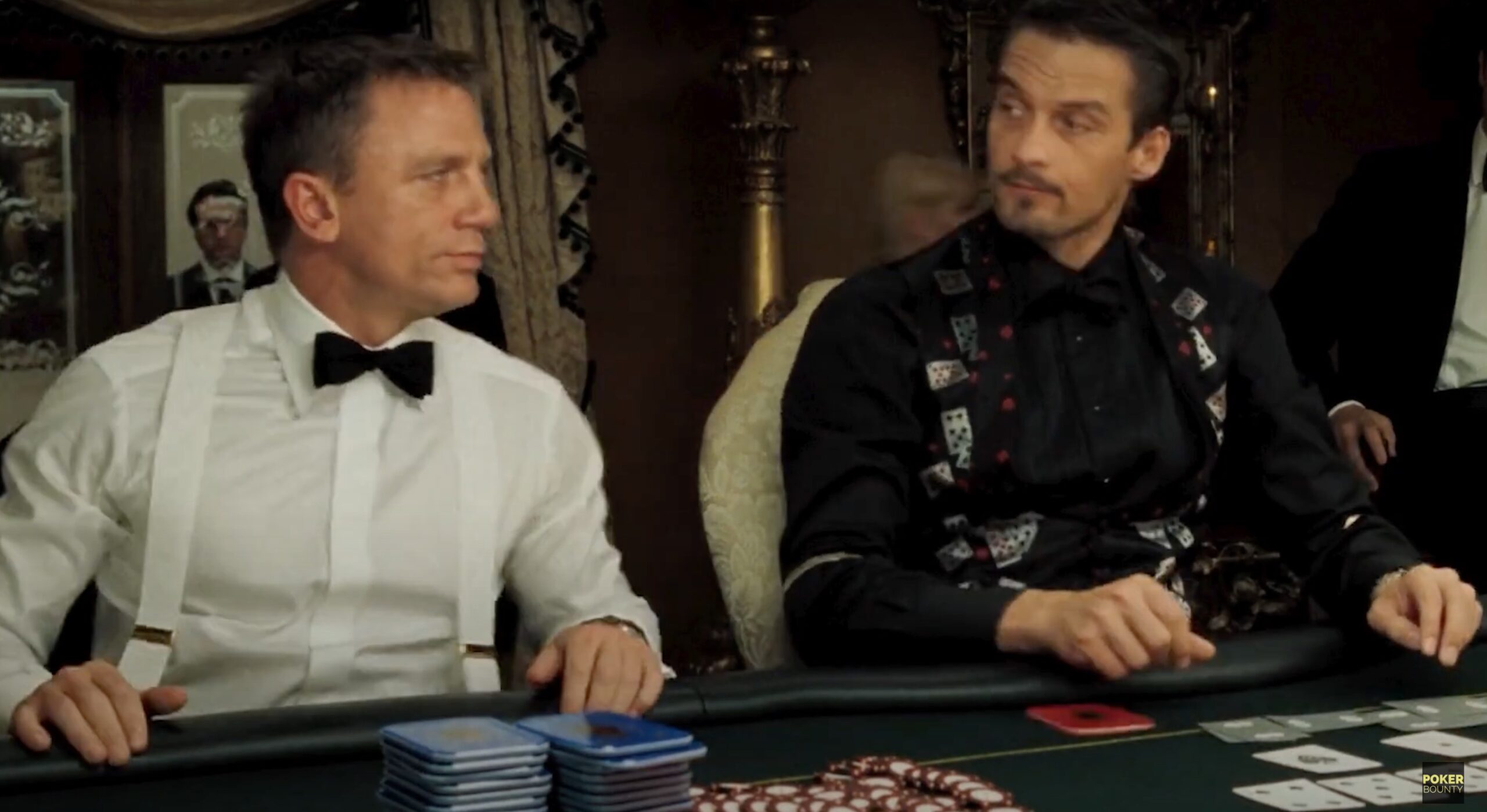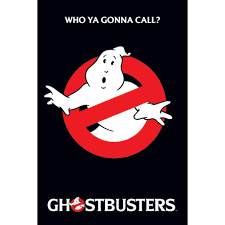
Introduction
‘Casino Royale’ holds a storied place within the iconic James Bond franchise, not only as a title but as a representation of the reinvigoration of a beloved character. Released in 2006, this film introduced a new portrayal of 007 by actor Daniel Craig, marking a significant departure from the previous interpretations. The film is particularly relevant today as it has helped to redefine the spy genre and set a modern standard for subsequent Bond films.
The Plot and Appeal
The movie, based on Ian Fleming’s 1953 novel, follows Agent 007 on his mission to thwart terrorists by defeating a financier in a high-stakes poker game at Casino Royale in Montenegro. The narrative beautifully intertwines action, suspense, and romance as we see a more vulnerable and raw Bond, navigating betrayal and espionage. Critics praised Craig’s performance and the film’s grittiness, which contrasts sharply with the more polished portrayals of his predecessors.
Cultural Impact and Legacy
‘Casino Royale’ has not only rejuvenated the Bond franchise but also shifted public perception of espionage films, blending thrilling action with emotional depth. Box office success followed, with the film grossing over $600 million worldwide, drawing a younger audience while retaining long-time fans. This success spawned further films, with Craig reprising his role in multiple sequels, each building upon the character development initiated in ‘Casino Royale.’
Conclusion
The evolution of Bond through ‘Casino Royale’ has set the stage for the future of the franchise. As fans await the next Bond film, the impact of Craig’s era remains significant. The film’s success has not only reinvigorated interest in the Bond series but has also influenced how spy films are crafted, pushing narrative boundaries while maintaining excitement. For readers, ‘Casino Royale’ is not just a film; it is a critical turning point in cinematic history that beautifully marries tradition with innovation in the world of espionage thrillers.
You may also like

The Enduring Legacy of Sylvester Stallone

The Remarkable Journey of Michael Caine

The Legacy and Impact of Ghostbusters
SEARCH
LAST NEWS
- Remembering Wendy Richard: The Promise to Co-Star Natalie Cassidy
- How Did Anglian Water Achieve an ‘Essentials’ Rating for Mental Health Accessibility?
- Shai Hope Leads West Indies in T20 World Cup Clash Against South Africa
- What We Know About Weston McKennie: Future at Juventus and Past at Leeds
- What We Know About the Upcoming Live Nation Antitrust Trial